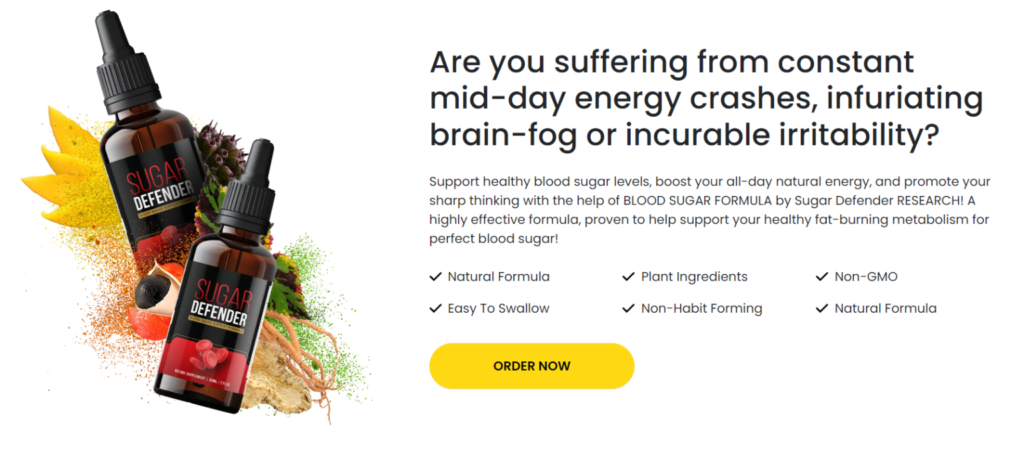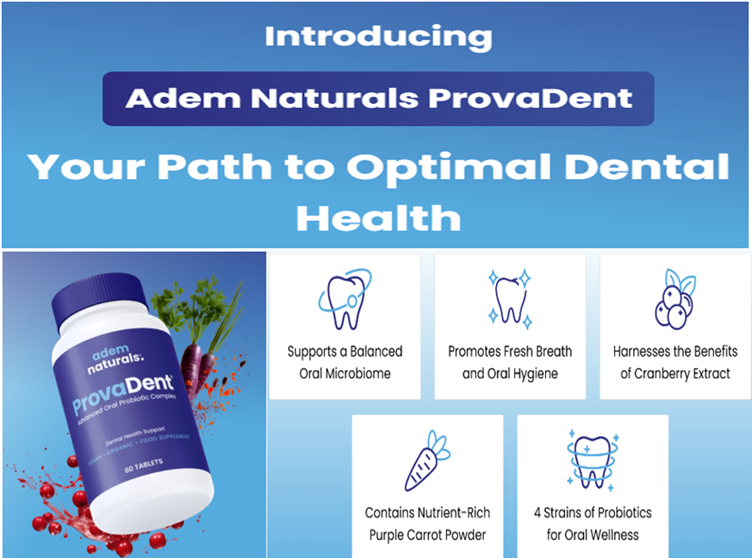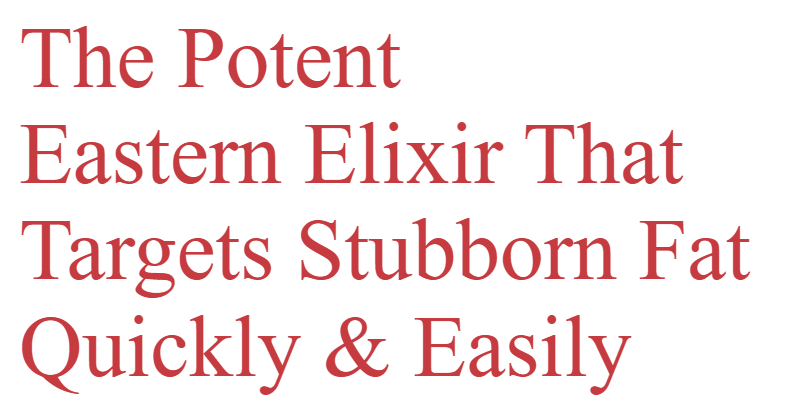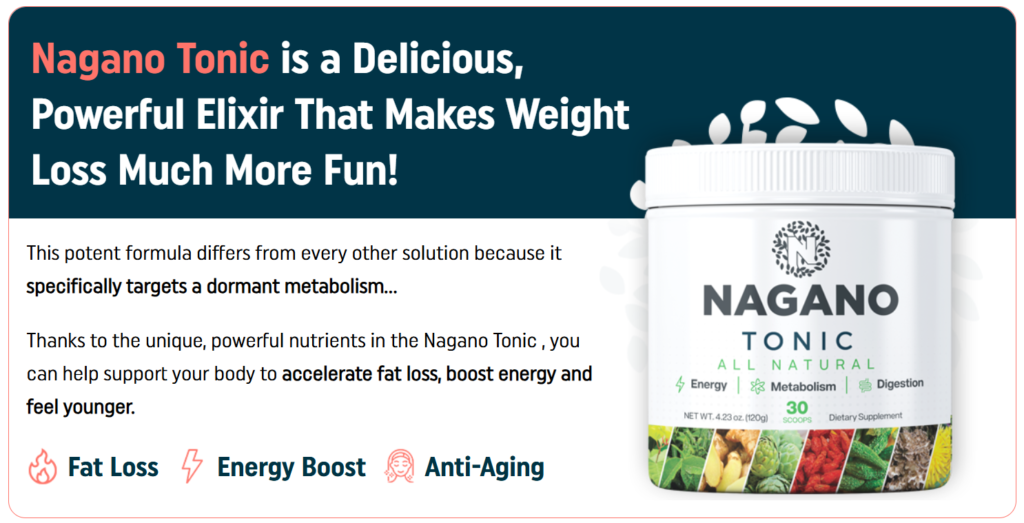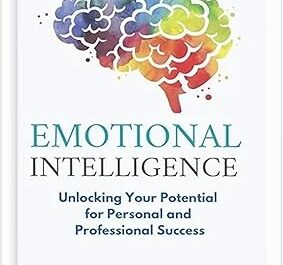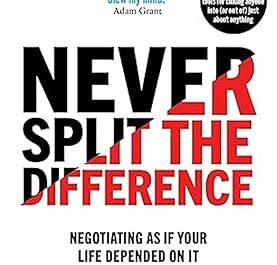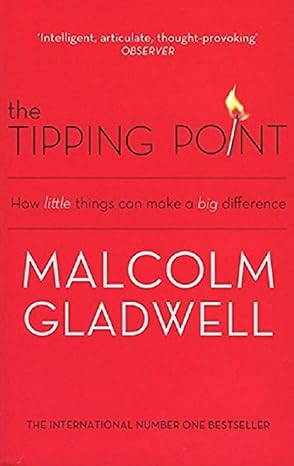Introduction
In a world where hustle is glorified, multitasking is considered a badge of honor, and “busyness” is often mistaken for productivity, Greg McKeown’s Essentialism: The Disciplined Pursuit of Less feels like a deep breath of fresh air.
This isn’t just another self-help book. It’s a life philosophy that challenges the modern obsession with “more” — more goals, more commitments, more stuff — and instead invites us to focus on what truly matters.
If you’ve ever felt overwhelmed by your to-do list, constantly busy yet somehow unfulfilled, this book might just change how you live and work forever. Let’s dive deep into the wisdom of Essentialism and see why it has become a must-read for entrepreneurs, professionals, and anyone seeking meaning in an overloaded world.
👉 Get your copy of the book here: Essentialism by Greg McKeown on Amazon
What Is Essentialism?
At its core, Essentialism is about doing less, but better. It’s not minimalism in design or possessions — it’s minimalism in decision-making and purpose.
McKeown defines Essentialism as the disciplined pursuit of less, which means learning to identify the few things that truly matter and eliminating everything else that doesn’t contribute to them.
He argues that we live in a culture of nonessentialism — one that pressures us to say yes to everything, spread ourselves thin, and constantly chase new opportunities without asking, “Is this essential?”
The book is a reminder that you can’t do everything, but you can do the right things.
The Core Philosophy: Less but Better
One of the most memorable ideas in Essentialism is the phrase “Less but better.”
McKeown encourages readers to filter their choices by asking a single powerful question:
“If I didn’t already have this opportunity, how hard would I work to get it?”
That simple shift changes everything. Instead of reacting to every demand that comes your way, you become proactive, purposeful, and strategic.
This mindset doesn’t make you lazy — it makes you focused. It allows you to channel your energy into the few things that create the greatest impact.
If you want to stop feeling stretched too thin and start living with clarity, you’ll love the insights in this book.
You can check it out here 👉 Essentialism: The Disciplined Pursuit of Less
Why Everyone Needs Essentialism in 2025
In today’s hyperconnected world, distractions are everywhere — social media notifications, endless meetings, emails, and the fear of missing out (FOMO).
McKeown’s message is more relevant than ever in 2025. People are realizing that more isn’t always better — it’s often the enemy of progress.
We’re constantly busy, yet our productivity and happiness are declining. The truth? Most of us are majoring in minor things.
Essentialism offers a way out. It teaches you how to:
- Say “no” gracefully without guilt.
- Focus on what moves the needle.
- Reclaim your time and energy.
- Prioritize quality over quantity — in work, relationships, and even self-care.
If you’re ready to simplify your life and maximize your impact, this is the book you need on your shelf.
👉 Buy Essentialism by Greg McKeown on Amazon
Key Lessons from Essentialism
Let’s explore some of the core takeaways that make this book so powerful and practical:
1. Trade-offs Are Inevitable — Choose Wisely
McKeown reminds us that you can’t have it all. Every decision involves a trade-off.
Instead of trying to do everything, choose what’s truly essential and commit to it fully. Saying “no” to one thing means saying “yes” to something better — your priorities, your health, your focus.
He writes, “If you don’t prioritize your life, someone else will.”
This single line could be your wake-up call.
2. The Power of Saying No
Many of us say “yes” out of fear — fear of missing out, fear of offending, fear of falling behind.
But McKeown argues that “No” is a complete sentence.
When you say no to nonessential tasks, you free up time and energy for the things that truly matter.
Learning to set boundaries is not selfish; it’s self-respect.
So next time you’re asked to take on one more project or attend another meeting, pause and ask yourself:
“Is this essential?”
If not, politely decline. It’s that simple — and that revolutionary.
3. Focus on the Vital Few
The Pareto Principle — or the 80/20 rule — states that 80% of results come from 20% of efforts.
McKeown applies this principle to life. Instead of spreading yourself across countless goals and activities, identify the vital few that produce the majority of your success and satisfaction.
Imagine focusing only on what drives results — how peaceful and productive life would feel.
You’ll find detailed, actionable frameworks for this approach inside the book.
👉 Grab your copy of Essentialism today
4. Protect the Asset — You
You are your most valuable asset. Without rest, clarity, and energy, you can’t contribute meaningfully to anything.
McKeown urges readers to sleep more, rest deliberately, and protect their well-being like a valuable investment.
In a society that glorifies burnout, choosing to rest is a radical act of essentialism.
As he beautifully puts it:
“Sleep is for high performers.”
So the next time you’re tempted to pull an all-nighter, remember: doing less can actually help you achieve more.
5. Play and Creativity Are Essential
One surprising insight from the book is that play isn’t a luxury — it’s essential for creativity.
McKeown highlights how some of the most innovative ideas come during moments of relaxation, curiosity, and exploration.
When your mind is overloaded, creativity suffers. But when you give yourself space to think and play, breakthroughs happen naturally.
That’s why essentialists schedule time to think — a practice more valuable than it sounds.
Practical Steps to Apply Essentialism in Daily Life
Knowing the philosophy is one thing, but living it takes practice. Here’s how you can start adopting Essentialism today:
- Create space to think.
Take 30 minutes daily to reflect on what’s truly important. - Eliminate the nonessential.
Unsubscribe, declutter, and delegate — both tasks and commitments. - Set clear boundaries.
Protect your focus. If it’s not a “hell yes,” it’s a “no.” - Prioritize progress over perfection.
Focus on meaningful steps forward, not endless perfectionism. - Revisit your goals regularly.
Stay aligned with what truly matters in this season of your life.
Remember — Essentialism isn’t a one-time choice; it’s a daily discipline.
Why Essentialism Resonates with Entrepreneurs and Professionals
For business owners, freelancers, and executives, Essentialism hits home hard.
In business, the temptation to chase every opportunity can be fatal. McKeown teaches you how to identify the few high-impact actions that actually drive growth.
He challenges leaders to ask:
“What is the one thing I can do today that will make everything else easier or unnecessary?”
This principle helps teams eliminate clutter, increase efficiency, and create a culture that values clarity over chaos.
If you lead people or manage projects, this book can dramatically improve how you set priorities and lead effectively.
👉 Read Essentialism by Greg McKeown — it might change how you manage success
How Essentialism Transforms Your Personal Life
Essentialism doesn’t stop at work — it seeps into your personal life beautifully.
When you stop saying yes to everything, you start saying yes to your family, your health, and your peace of mind.
Imagine spending weekends without guilt, choosing rest without anxiety, and living with intention instead of obligation.
That’s the heart of Essentialism — creating a life that feels purposeful, not pressured.
As McKeown says:
“Remember that if you don’t prioritize your life, someone else will.”
Top Quotes from Essentialism That Stay With You
Here are a few gems from the book that linger long after you finish reading:
- “If you don’t prioritize your life, someone else will.”
- “You cannot overestimate the unimportance of practically everything.”
- “Essentialism is not about how to get more things done; it’s about how to get the right things done.”
- “Remember that denial is a powerful tool for the nonessentialist.”
- “Sometimes what you don’t do is just as important as what you do.”
Each of these quotes can become a daily mantra — a reminder to live intentionally and with purpose.
Essentialism vs. Nonessentialism
| Essentialist | Nonessentialist |
|---|---|
| Chooses deliberately | Reacts to everything |
| Says “no” often | Says “yes” to everything |
| Focuses on the vital few | Tries to do it all |
| Lives by design | Lives by default |
| Protects time for rest | Burns out chasing success |
The contrast is clear. One leads to peace and purpose; the other leads to exhaustion and regret.
Which path will you choose?
Final Thoughts: Less, But Better
Greg McKeown’s Essentialism isn’t about doing less for the sake of it — it’s about doing less of what doesn’t matter so you can do more of what truly does.
It’s a mindset that frees you from the noise of the world and guides you toward clarity, control, and calm.
In an age where attention is our scarcest resource, Essentialism is the ultimate productivity and life strategy.
So, if you’re tired of being busy but not productive, of saying yes to everything and losing yourself in the process — this book is your way back.
👉 Get your copy of Essentialism: The Disciplined Pursuit of Less and start designing a life that truly matters.
Must-Read Book Summaries You’ll Love
If leadership, mindset, influence, and personal growth fascinate you, don’t stop here. These hand-picked book summaries from our blog dive deeper into psychology, success, motivation, power, and timeless wisdom—each packed with practical takeaways you can use immediately:
Discover the psychology behind why people say “yes” and how ethical persuasion can transform leadership and decision-making.
Learn the life-changing power of seeing the world as it truly is, backed by data, logic, and optimism that reshapes how leaders think.
A deep dive into Daniel H. Pink’s revolutionary ideas on motivation—and why autonomy, mastery, and purpose matter more than rewards.
Explore how vulnerability becomes strength, helping leaders build trust, courage, and wholehearted living in both work and life.
A timeless guide to living in the present moment, reducing stress, and unlocking inner clarity—essential for mindful leadership.
An inside look at the mind of a visionary who is reshaping the future through relentless ambition, innovation, and risk-taking.
A bold exploration of power, politics, and leadership realities, offering lessons that remain surprisingly relevant today.
Master timeless strategies for winning—not just in war, but in business, leadership, and everyday challenges.
Uncover the money lessons schools never taught you, and reshape how you think about wealth, assets, and financial freedom.
The 7 Habits of Highly Effective People by Stephen R. Covey
A classic blueprint for personal effectiveness, leadership excellence, and long-term success that never goes out of style.
- Why Explore These Book Summaries?
- ✔ Quick insights from bestselling books
- ✔ Practical lessons for leadership & growth
- ✔ Easy-to-read, human-written summaries
- ✔ Perfect for lifelong learners & leaders
👉 Bookmark these reads and keep sharpening your leadership edge.
“Start Your Website Journey Today – Exclusive Hostinger Discounts!”

Turn Any Idea into Viral,
Jaw-Dropping AI Videos in Seconds!


